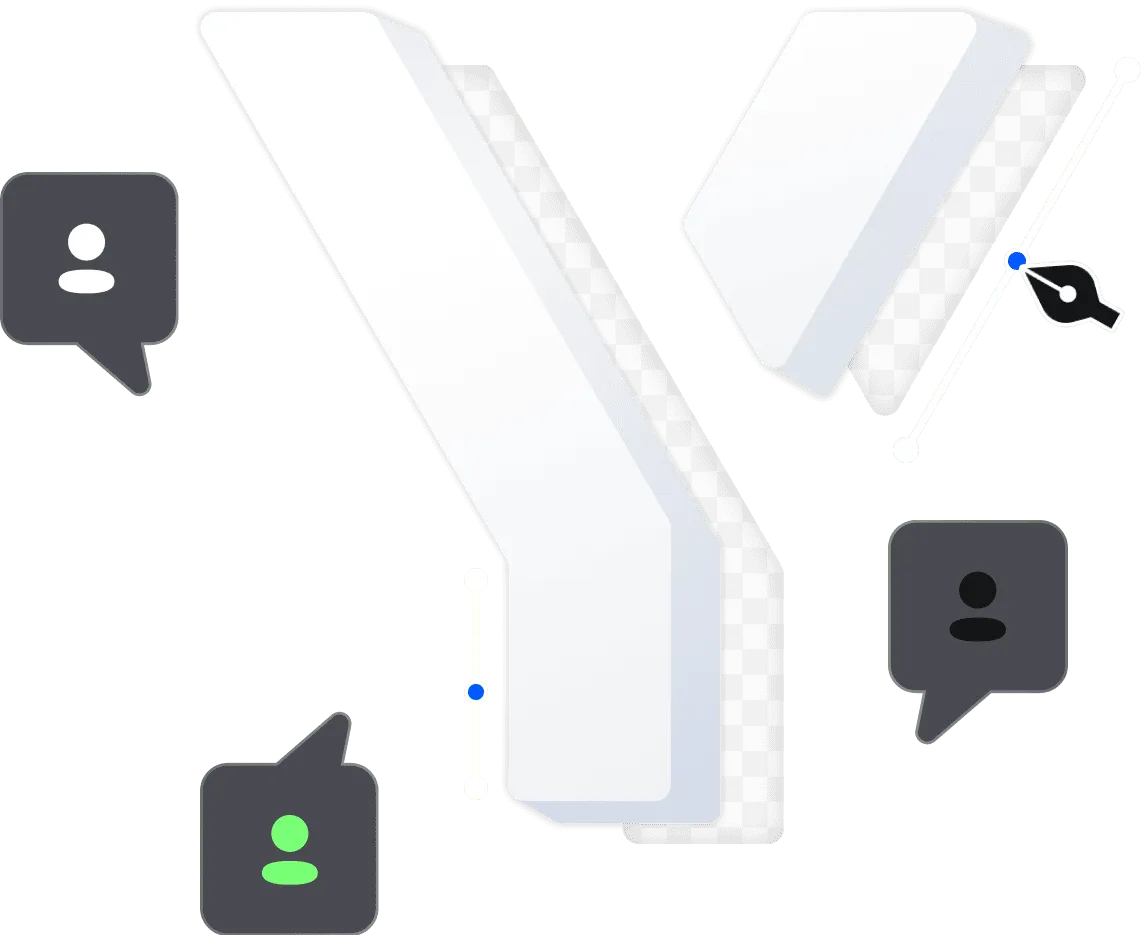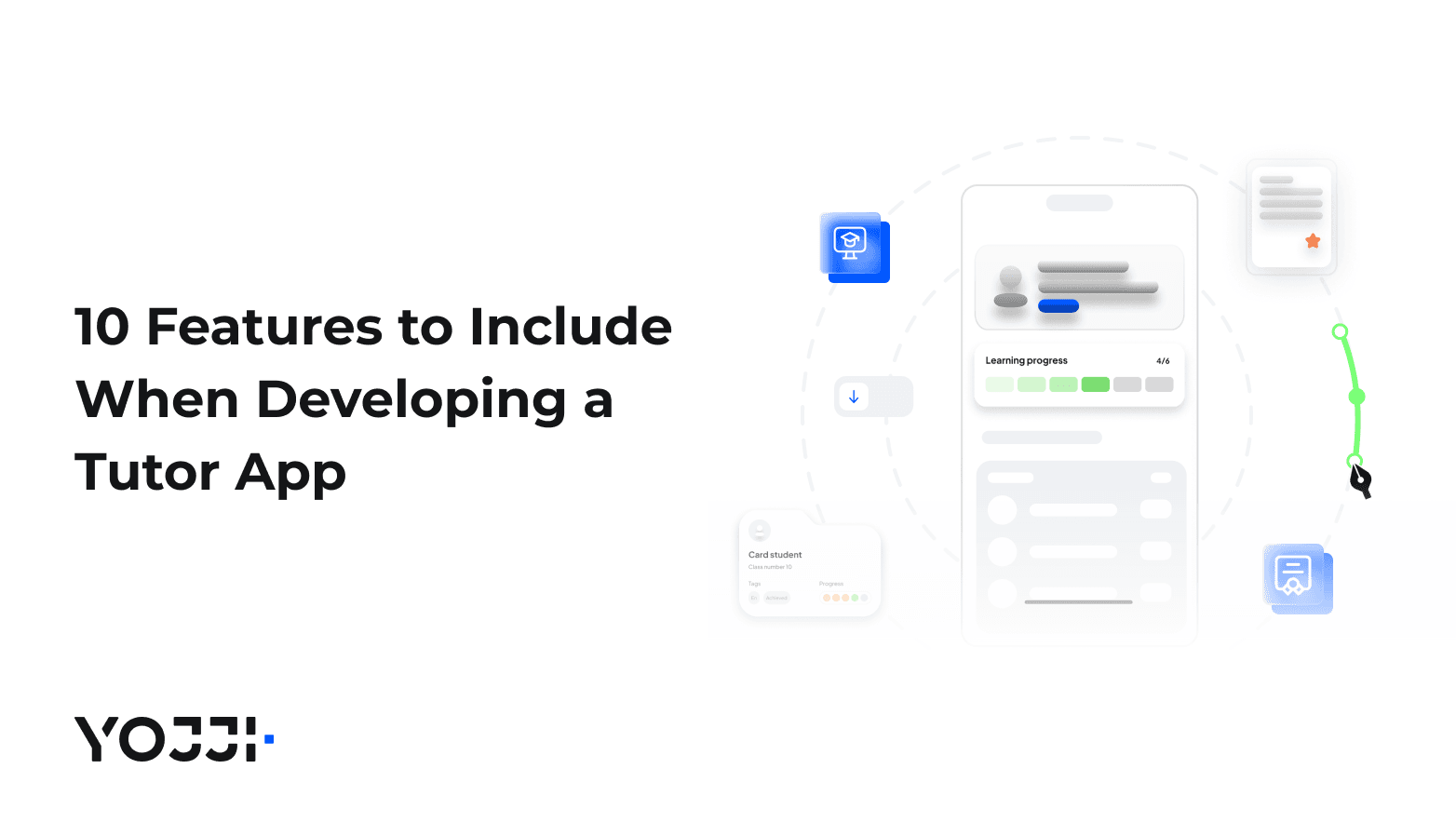Software Monetization: How Much Money Can You Make From an App

Popular types of software
Google Play offers users up to 3 million apps, and the AppStore for iOS contains more than 2 million. At the same time, developers do not earn from direct monetization, but by dividing programs into free basic versions and a full version, paid variant of the product. Market leaders generate advertising revenue for those users who want to download full version products but are not ready to pay upfront. So they download the trial version before making a final decision. There are three main mass-market apps niches:
-
Games and entertainment. These include video broadcast monetization which is generated by users.
-
Online shopping. There is a worldwide increase in the number of users who choose applications related to online shopping.
-
Сommunication in messengers. Non-profit work or group coordination and corporate interaction are also included in this group.
Now the application creation process is getting cheaper, while the total earnings of the developer company, on the contrary, are growing. Functional enhancements, version improvements, add-ons, and new paid options create a positive balance by monetizing product promotion.
How to monetize the application?
There are two main types of apps in terms of monetization: paid and free. Here are the most popular monetization types:
-
In-app advertising. A separate space is allocated in the application interface for displaying advertisements, and the user is rewarded for kali. To earn on ad views in the application, the owner has to connect such affiliate programs as Admitad, Adcash, Google Adwords, Mobile-Click, etc. Affiliates pay for ad clicks, video views, etc. Banner ads, push notifications, native ads, and pop-up ads are the most common advertisement types.
-
In-app purchases. They provide more than 50% of the income, which makes this monetization method one of the most popular. It is suitable for online stores and gaming applications that provide additional functionality for a fee. As a rule, in such applications, there is a bonus system that makes it possible to earn points for the purchase of almost any item.
-
Watching videos. Promotional videos have something in common with inline ads, but they are slightly different. Video advertisements are played automatically in the application. These are mostly short videos that can often be seen, for example, after an unsuccessful attempt to complete a game level. Some apps also offer users additional in-game bonuses for watching promotional videos, and this usually works well in practice.
-
Subscription revenue. An in-app subscription also implies the purchase of additional functionality, content, or the ability to get rid of ads in the app. However, the duration of these opportunities is usually limited and takes a month or any other certain period. The subscription price will depend on the opportunities being provided to customers. This monetization method is perfect for content platforms or services but is not recommended for use in narrow niche applications.
Creating a mobile application is a task that is convenient to work on in a team. The development team must include at least one person responsible for the code. Idea generator or product manager, and someone who will promote the project is also needed. Designer’s services are necessary if launching a gaming application with decent graphics is planned.

How do online calculators work?
The cost of developing a mobile application varies greatly and depends on numerous factors. The type of application, the required functionality, design, graphics, and other issues are meant here. The approximate cost of the software can be found by using an online calculator. It is important to consider the main criteria before choosing a specific product:
-
User interface simplicity and the language of information presentation. Creators must understand their audience and try to speak its language, avoiding unnecessary terms.
-
Choosing a platform. Creating apps for Android, iOS, Web or their combinations are the categories that will give an idea regarding future expenses.
-
Customization. Any functionality can be implemented in different ways. For example, users can log in using their email addresses, mobile phone numbers, any of the social networks, fingerprints, and so on.
-
Information completeness. Every application is unique, and it is clear that an online calculator developer summarizes information. No matter how unique the idea is: it falls into one of the existing categories (entertainment apps, educational, e-commerce, etc.)
-
Validity. Users must understand the data basis of the received result. Usually, this is the number of hours required for development, and the rate of developers per hour.
Due to App Annie estimation, the global mobile app market will hit $ 6.3 trillion at the end of 2021. It may seem that every application brings great profit. However, the imbalance in income from these types of products is huge in reality. For example, the top 200 apps generate $82,500 in average revenue per day, while the top 800 are around $3,500. This is about "in demand" products, but there are many solutions that do not bring any profits at all.
Choosing tools for calculating the development cost online
To facilitate the process, clearly formulate and describe the idea of the application, define its functionality and basic requirements. Technical task or any initial development can make the process easier for the contractor and reduce costs. The following resources can help companies get the general impression regarding the average app revenue:
-
OOZOU. The team has developed a simple one-page calculator for three major platforms: iOS, Android, and Web. The product offers 11 functionality pieces, attaching an explanation to each item. The result is visible immediately at the bottom of the page. The total cost is based on the OOZOU company rate and is being calculated excluding backend development.
-
Crew. A simple eight-step online calculator created by the community of independent developers and designers. Pricing is based on the Crew project’s basic cost. It depends on the feature list but is completely independent of the service providers. The calculator does not require information about the application type. Calculations may be made for products on iOS, Android, and their combination.
-
VenturePact. By answering multiple-choice questions, the user gets a pretty rough estimate of the app's cost. To get more accurate information, which will be based on the developer's location, clients must provide their email addresses.
-
Otreva. It is a simple app revenue calculator on two pages. On the first one, users select the platform: iOS, Android, their combination, Windows Phone, or Web. The second one contains two blocks of application functions: application and administration features. By choosing any specific functions, the client sees the total cost of development. The result can also be received by email.
The results processed with different calculators may be different. This proves once again that software development is a process that depends on many factors. The most important of these is the development service provider. On the other hand, a professional calculator can help owners get an idea of the required budget and even find some interesting solutions. Average Subscriber Income may be different as it depends on OS. Revenue from users making in-app purchases varies; the approximate sum is $48.82 from apps on iOS and $29.69 on Android. The profit that the user brings in 180 days of using the app (LTV) is also different on Android and iOS: the profit from subscriptions is higher on Android, and on iOS is from in-game payments. Users between the ages of 25 and 34 show the highest profit from in-app purchases ever using the app. They also bring 40% of the income from all payments in the game. According to the research results, a subscription does not increase the Retention Rate and loyalty to the game. On the contrary, these rates are higher for non-subscription users. Dating apps clients primarily pay for a subscription. By the way, iOS users spend on average twice as much on dating software as Android accounts owners. If you need to have an exact overview, contact Yojji specialists. They have already got a huge experience in planning, creating the design, providing support, etc. As a result, clients get not only exact data but detailed explanations regarding any point as well.
Looking to hire developers?



